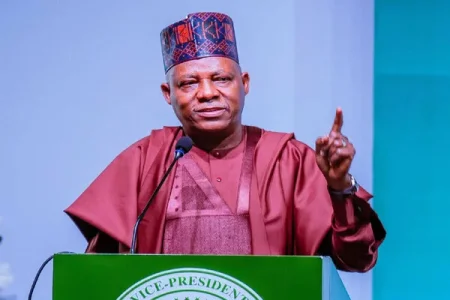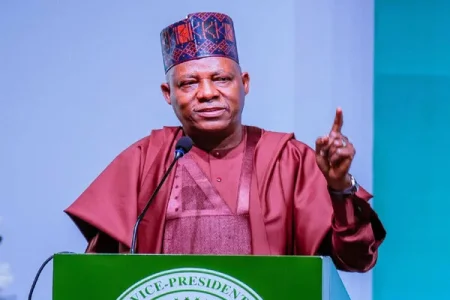
In a bid to combat mismanagement and ensure the efficient utilization of student loans, the Nigerian Education Loan Fund (NELF) has announced a significant policy overhaul. Akin Sawyerr, the Executive Secretary of NELF, unveiled plans to revolutionize the disbursement process, aiming to channel funds directly to educational institutions rather than individuals. This strategic shift, Sawyerr emphasized, aims to mitigate the risk of diversion, a persistent challenge plaguing the country's education financing landscape.
During a high-level meeting with Chris Maiyaki, the Executive Secretary of the National Universities Commission, Sawyerr underscored the urgency of this reform. Drawing from a transcript obtained by Sunday PUNCH in Abuja, Sawyerr outlined the multifaceted funding sources earmarked for the NELF. These include a percentage of government profits from oil and mineral resources, taxation revenues, and contributions from education-focused initiatives such as Education Bonds and Endowment Funds.
However, amidst this ambitious reform agenda, dissenting voices have emerged from within the academic community. The Academic Staff Union of Universities (ASUU), notably the Federal University of Technology, Akure chapter, vehemently opposes the proposed student loan scheme championed by the government. Prof Pius Mogaji, the Chairman of ASUU at FUTA, expressed concerns over the scheme's potential ramifications during a recent ceremony honoring outstanding students.
Mogaji condemned the proposed scheme as a thinly veiled attempt to undermine public universities' financial autonomy, foreseeing dire consequences for both students and institutions. He argued that subjecting students to perpetual debt obligations would exacerbate socioeconomic disparities and hamper access to quality education. Moreover, he warned that diverting funds away from public universities could precipitate a funding crisis, further imperiling the country's higher education sector.
As the debate intensifies, the fate of Nigeria's education loan reform hangs in the balance. While proponents herald the move towards direct disbursement as a crucial step towards accountability and transparency, opponents raise legitimate concerns about its potential adverse effects on accessibility and quality of education. With stakeholders at loggerheads, the government faces the daunting challenge of striking a delicate balance between fiscal prudence and equitable access to education.




